Mastering the Art of Learning: 15 Proven Techniques for Academic Success
In today's fast-paced academic environment, students often find themselves overwhelmed with vast amounts of information to learn and retain. However, with the right study techniques, mastering any subject becomes a more achievable task. Here are some effective study techniques that can help students optimize their learning:
1. Active Recall
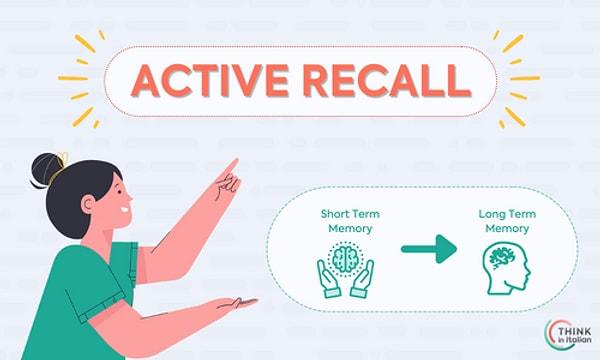
Instead of passively reading over notes, test yourself. Ask questions about the material and try to answer without looking at your notes. This method reinforces the information in your memory.
2. Chunking
Break down information into smaller, manageable chunks. Instead of trying to remember a long string of numbers or facts, group them into sets.
3. Mind Mapping

Visualize connections between ideas by creating a diagram. This helps in understanding complex topics and seeing the bigger picture.
4. The Feynman Technique
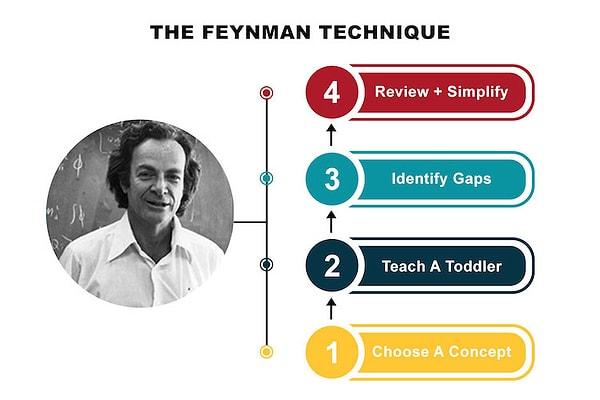
Named after the physicist Richard Feynman, this technique involves explaining a concept in your own words, as if teaching it to someone else. If you stumble or find gaps in your understanding, revisit your notes.
5. Spaced Repetition

Instead of cramming, study a bit of information, take a break, and then review it again later. Tools like Anki or Quizlet can help automate this process.
6. Pomodoro Technique
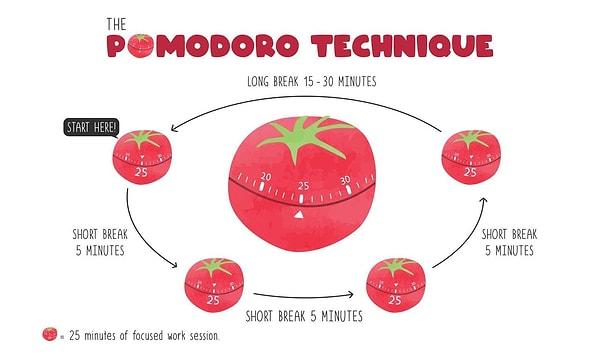
Work in focused intervals (typically 25 minutes), followed by a short break. This can increase productivity and prevent burnout.
7. Study Groups

Collaborate with peers. Explaining concepts to others or debating a topic can deepen your understanding.
8. Self-testing
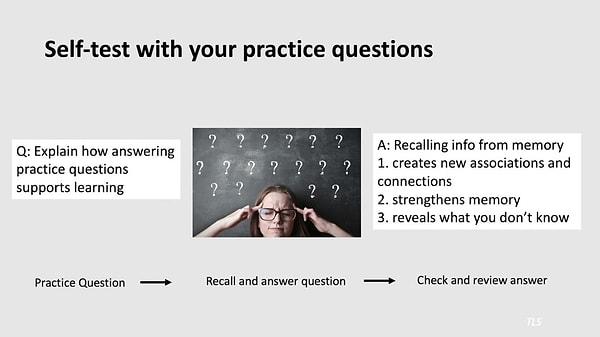
Regularly test yourself on the material you're studying. This not only helps in retention but also boosts confidence.
9. Mnemonic Devices

Create associations or rhymes to help remember information. For example, 'PEMDAS' (Parentheses, Exponents, Multiplication, Division, Addition, Subtraction) is a mnemonic to remember the order of operations in math.
10. Digital Detox

Reduce distractions by turning off notifications or using apps like 'Forest' or 'Focus@Will' to maintain concentration.
11. Healthy Habits
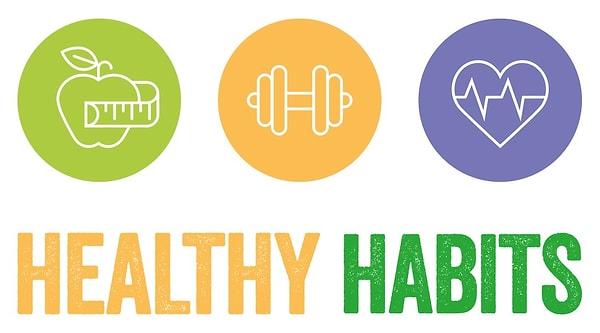
Sleep, nutrition, and exercise play a crucial role in cognitive function. Ensure you're getting enough rest, eating a balanced diet, and staying active.
12. Practice Problems

Especially for subjects like math and science, practice makes perfect. The more problems you solve, the more comfortable you become with the material.
13. Active Reading

Instead of skimming, engage with the material. Highlight key points, make annotations, and ask questions as you go along.
14. Teach What You Learn
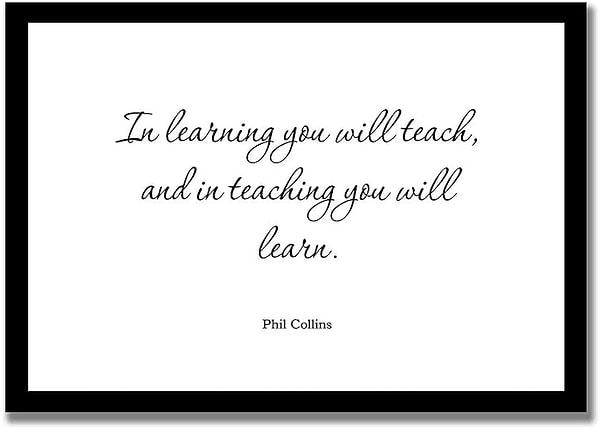
One of the best ways to understand something is to teach it. Even if it's just explaining a concept to a family member or a pet, the act of teaching reinforces knowledge.
15. Stay Curious

Cultivate a genuine interest in what you're studying. When you're curious, you're more engaged, making it easier to learn and retain information.
Keşfet ile ziyaret ettiğin tüm kategorileri tek akışta gör!

Send Comment